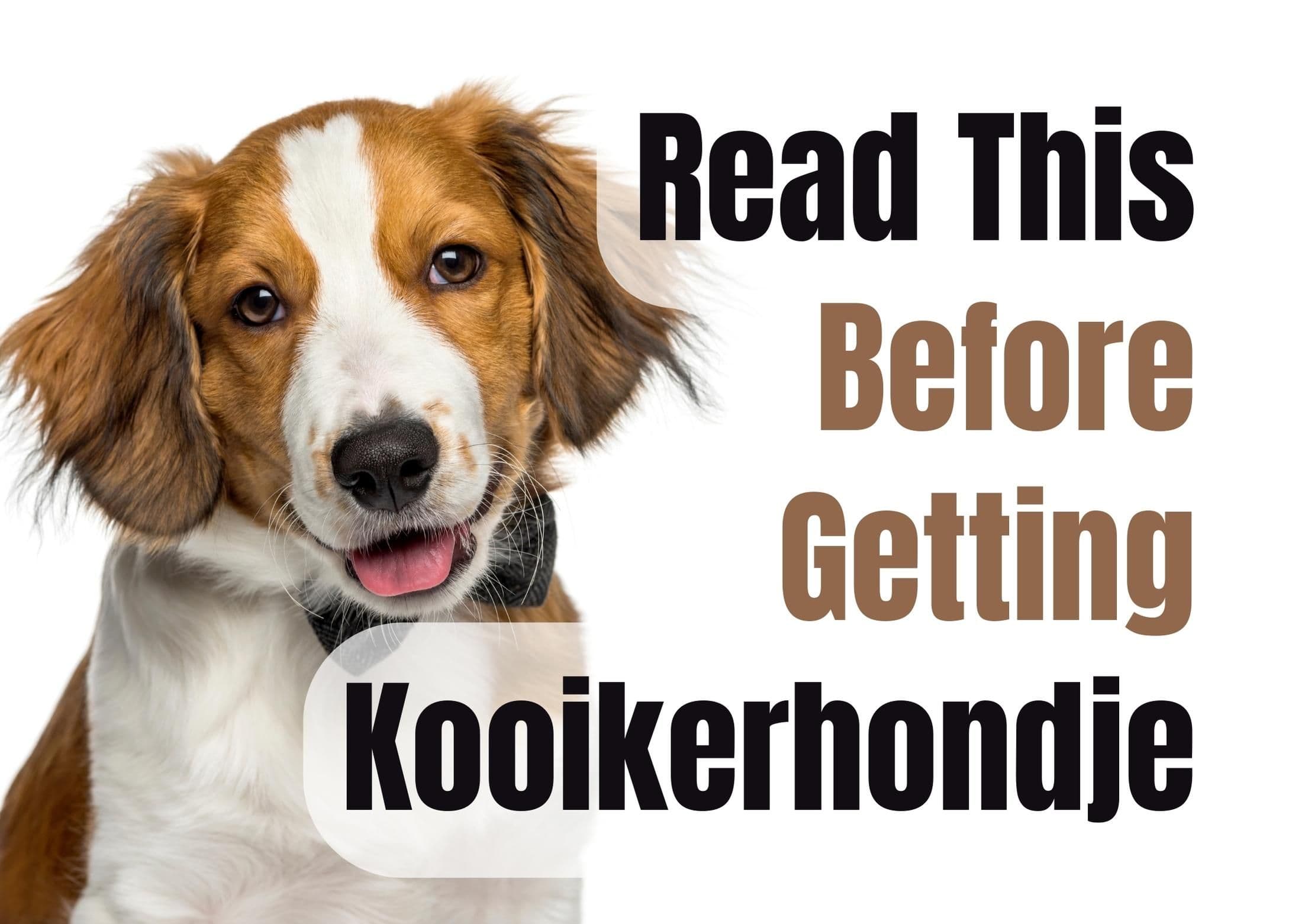Consider These 13 Factors Before Purchasing a Kooikerhondje Puppy

If you’ve never heard of the Kooikerhondje before, you’re not alone — even though this charming little spaniel has been around since the 1500s in the Netherlands, it only made it to the U.S. in the late 1990s and was officially recognized by the AKC in 2018. But if you’re looking for a smart, affectionate, and active companion, the Kooiker (pronounced COY-ker-hund-che) might just steal your heart.
What’s Special About the Kooikerhondje?
Originally bred to help lure ducks into traps, the Kooikerhondje is a small yet athletic dog with a distinct red-and-white coat, feathered ears, and a lively expression. They were working dogs, but also made great companions — and they still do.
What really stands out about Kooikers is their versatility. They can go from chasing balls on the beach to curling up on your lap in front of the TV without missing a beat. They’re just as happy doing agility or nose work as they are hanging out at home, as long as they’re with their people.
Exercise and Daily Life
Kooikerhondjes are moderately active dogs, and they need at least 30–60 minutes of daily exercise. Walks, hikes, a good play session in a fenced yard, or dog sports (like agility or flyball) are all great options. They’re also surprisingly adaptable — mine was just as content living in an apartment as in a house, as long as he got his daily walk and some playtime.
They’re curious by nature, so even a leisurely walk around the block is a fun adventure for them. But always keep them on a leash — they do have a strong prey drive from their duck-luring days.
Temperament and Training
Kooikers are bright, eager to please, and very trainable — but they’re also independent thinkers. Start training and socializing early, ideally the day you bring your pup home. These dogs soak up information like sponges, and consistent, positive reinforcement works wonders. Harsh methods? Big no-no. They’re sensitive and respond best to kind, clear guidance.
They’re not typically aggressive, but they can be cautious with strangers, and sometimes a bit bossy if no clear rules are in place. Early socialization and ongoing exposure to new people, places, and other pets will help them grow into confident, well-adjusted adults.
Grooming and Care
The Kooikerhondje’s coat is low-maintenance but still needs regular brushing — at least once or twice a week — to prevent tangles, especially around the neck and where the legs meet the body. They do shed year-round, with heavier shedding about twice a year.
After a swim, rinse their coat to remove chlorine, salt, or algae, and keep their ears clean and nails trimmed. Dental care is important too — I brush my dog’s teeth a few times a week, and it really helps with breath and long-term health.
Health and Lifespan
Kooikerhondjes generally live 12–15 years, and some even longer with good care. Like all breeds, they can be prone to certain health conditions, including hip dysplasia, von Willebrand’s disease (a blood clotting disorder), and some neurological issues. A reputable breeder will screen for these.
One of the biggest preventable health risks? Obesity. Keep your Kooiker lean with a healthy diet and regular activity. Most adults do well on 1½ to 1¾ cups of quality dog food a day, split into two meals.
Living with Kids and Other Pets
Kooikers can be wonderful with children — especially if raised with them or socialized early. They’re playful, patient, and love being part of family activities. Just be sure to teach kids how to interact respectfully with dogs. No pulling ears or pestering them while they eat or rest.
When it comes to other pets, it depends on the individual dog and how they’re introduced. Kooikers can get along with other dogs and even cats if raised together, but always supervise early interactions. They’re not aggressive, but their hunting instincts can kick in around small animals like birds or rodents.
A Rare Breed with a Big Heart
Kooikerhondjes are still pretty rare in the U.S., and puppies from reputable breeders can be pricey — often between $3,000 and $5,000. But that investment brings home a loyal, affectionate, and athletic companion who’ll stick to you like Velcro.
They’re not for everyone — if you’re gone for long stretches of the day or don’t have time for training and play, this isn’t the breed for you. But if you’re an active person or family looking for a devoted sidekick, the Kooikerhondje might just be the perfect match.
In short? They’re smart, sweet, and full of personality. If you’ve got the time and energy to give, they’ll return it tenfold.
Take the Quiz
Is a Kooikerhondje Right for You?
The Kooikerhondje is a lively and intelligent small sporting dog breed with a friendly and cheerful disposition. Take the quiz to discover if this charming and energetic breed is the perfect match for your lifestyle. Answer all questions below to discover your compatibility score and get personalized insights.
Question #1: What is the main reason you want a dog?
Question #2: How active is your lifestyle?
Question #3: How much time can you dedicate to your dog daily?
Question #4: What best describes your home environment?
Question #5: What size dog do you prefer?
Question #6: What personality traits do you want in your dog?
Question #7: How much grooming can you handle?
Question #8: Who else lives with the dog?
Question #9: Is this your first dog?
Please answer all 9 questions to see your results
